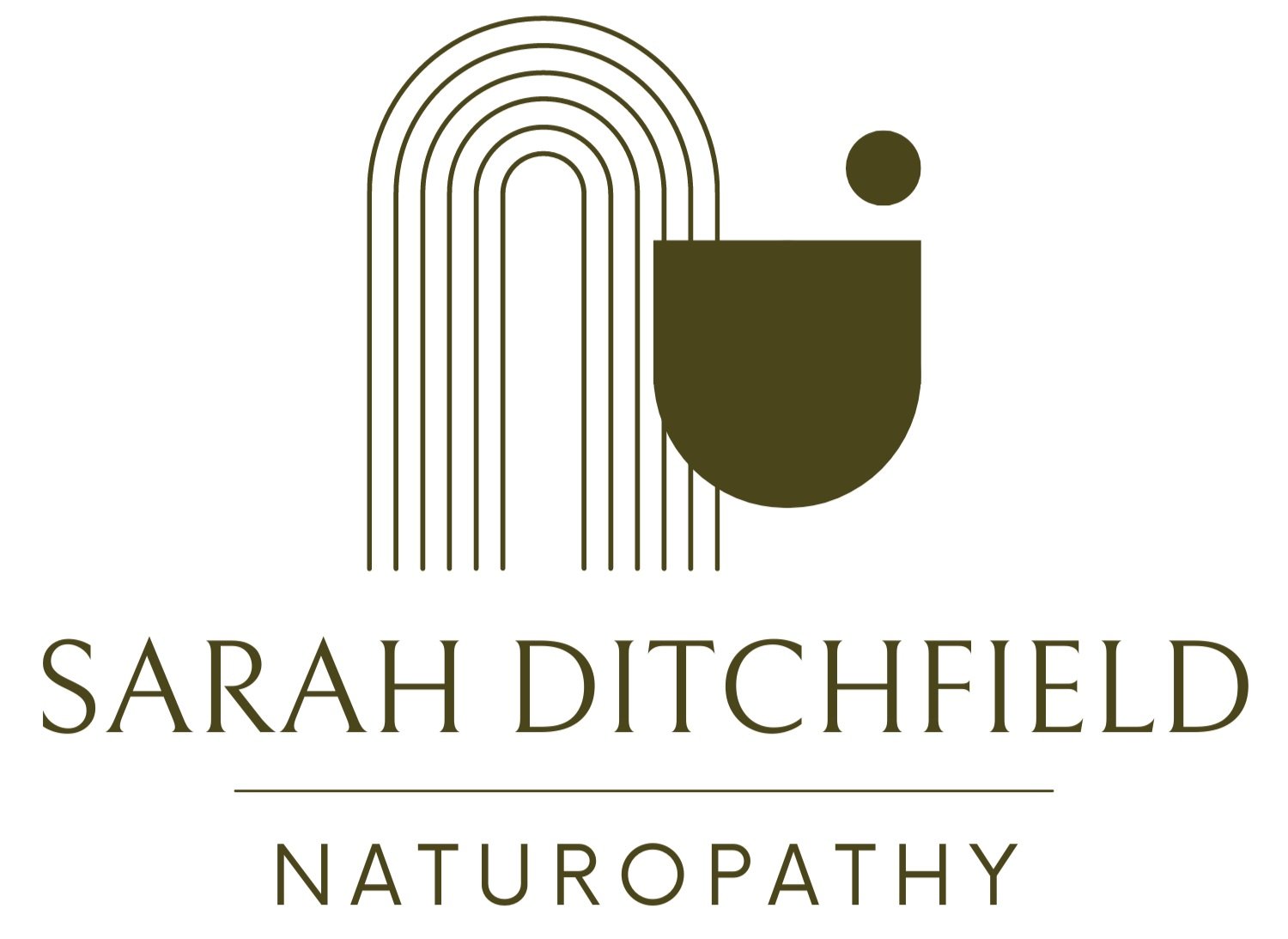The Gut-Hormone Connection: Unveiling the Power to Relieve PMS
Premenstrual syndrome, commonly known as PMS, is often dismissed as an inevitable monthly struggle for women. However, it is important to recognize that PMS is more than just a passing inconvenience. It is a symptom of a bigger hormonal concern that deserves attention and understanding. By exploring the underlying hormonal imbalances that contribute to PMS, we can begin to address the root cause and pave the way for effective treatment.
Firstly, it is essential to acknowledge that the hormonal fluctuations during the menstrual cycle can have a profound impact on a woman's physical and emotional well-being. PMS, characterized by a range of symptoms such as mood swings, irritability, bloating, and fatigue, occurs due to imbalances in estrogen and progesterone levels. These imbalances are not isolated incidents but rather indicative of an underlying larger hormonal concern.
Secondly, PMS should not be dismissed as a common occurrence that women should simply endure. The severity and nature of PMS symptoms can vary from woman to woman, with some experiencing mild discomfort, while others face debilitating symptoms that significantly disrupt their daily lives. While hormonal fluctuations are considered the primary cause of PMS, what if I told you that the key to relieving these symptoms lies in an unexpected place - your gut?
The Gut-Hormone Connection:
The human body's intricate systems are interconnected, and the relationship between the gut and hormones is no exception. The gut, often referred to as the "second brain," harbors trillions of microorganisms that significantly impact our overall health, including our hormonal balance. The gut microbiota composition, influenced by factors such as diet, stress, and antibiotic use, plays a crucial role in regulating hormones associated with PMS.
Gut - Elimination Response
Beta-glucuronidase is an enzyme that plays a crucial role in the gut and hormonal balance. Found predominantly in the digestive system, it is responsible for breaking down glucuronide conjugates and aiding in the elimination of toxins from the body. However, when its activity becomes excessive, it can lead to harmful effects on hormones. Beta-glucuronidase has the ability to deconjugate hormones that have been bound to glucuronide, allowing them to be reabsorbed into circulation rather than being excreted. This can disrupt the delicate balance of hormones in the body, affecting various systems such as the reproductive, thyroid, and adrenal glands.
Estrogen Dominance and Gut Health:
Estrogen dominance, a hormonal imbalance characterized by high levels of estrogen in comparison to progesterone, lies at the core of many PMS symptoms. Surprisingly, our gut bacteria can influence the metabolism of estrogen. Healthy gut flora aids in the breakdown and elimination of excess estrogen from the body, helping maintain hormonal balance. On the contrary, an imbalanced gut microbial milieu can result in impaired estrogen metabolism and lead to estrogen dominance, intensifying PMS symptoms.
Leaky Gut Syndrome and PMS:
Another crucial aspect of gut health in relation to PMS is the condition known as leaky gut syndrome. Leaky gut refers to increased intestinal permeability, allowing harmful substances to pass through the gut lining and enter the bloodstream. These toxins trigger an inflammatory response, which disrupts the delicate hormonal balance. Chronic inflammation resulting from leaky gut can exacerbate PMS symptoms.
So what can we you do about this ?
Often functional testing like stool analysis, vaginal microbiome testing or hormonal DUTCH testing are extremely comprehensive avenues to take to understand the underlying causes of your hormonal / health concerns. From this point of understanding the driving factors, Naturopathic interventions utising herbal remedies and natural supplements be utilised to rebalance hormone levels, address any gastrointestinal concerns or other underlying causes of your PMS.
If you’re wanting to get to the root cause of your hormonal concerns, reach out for support today - there’s so much we can do

